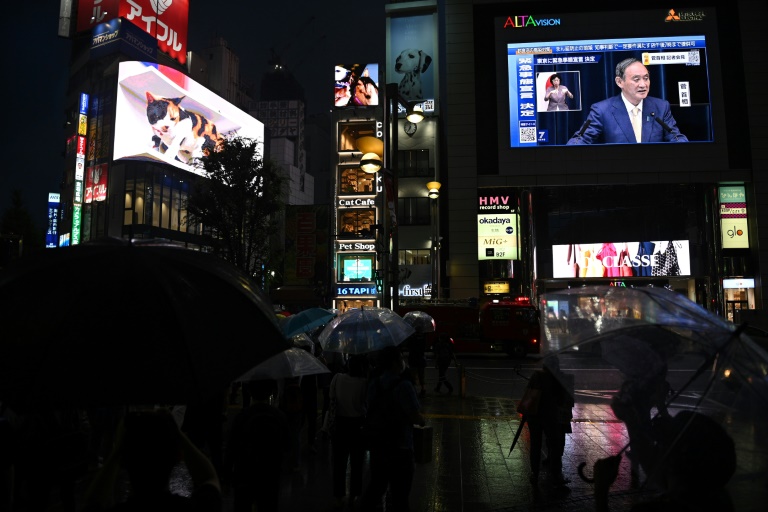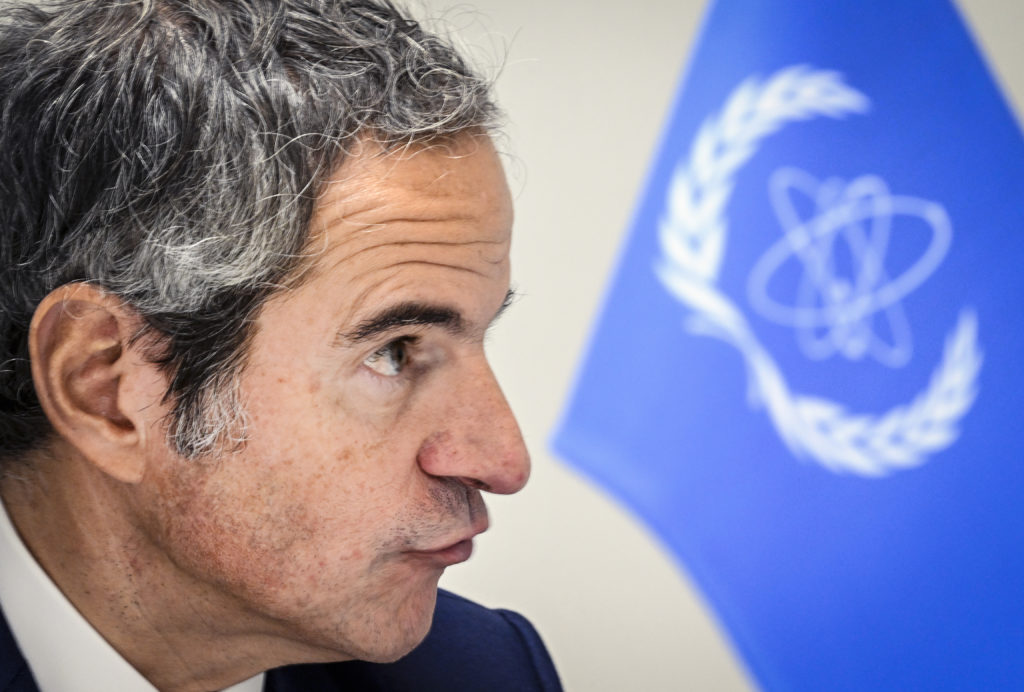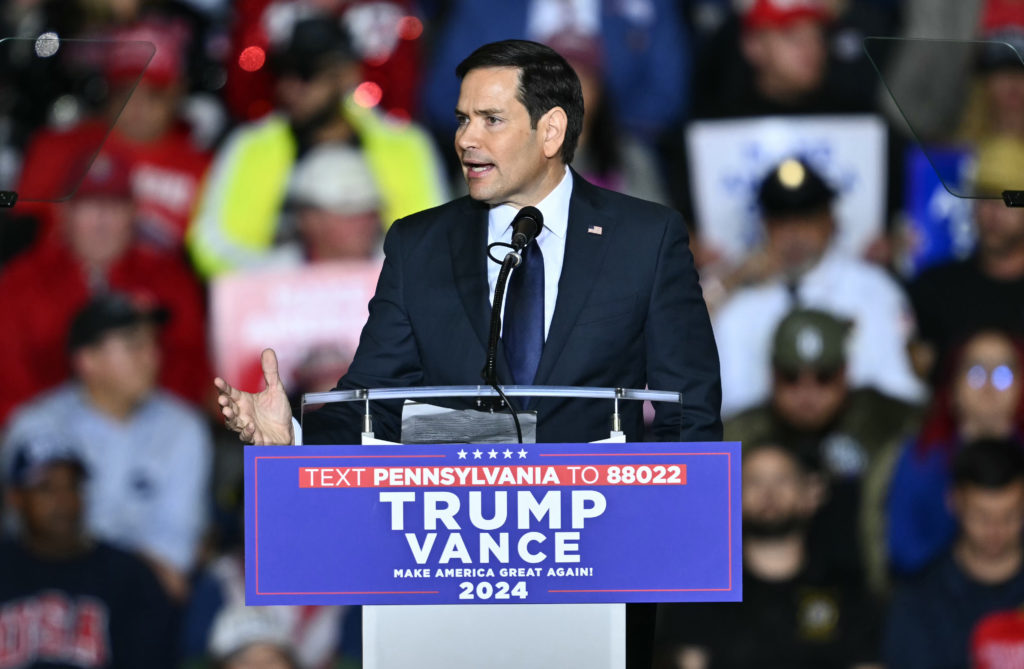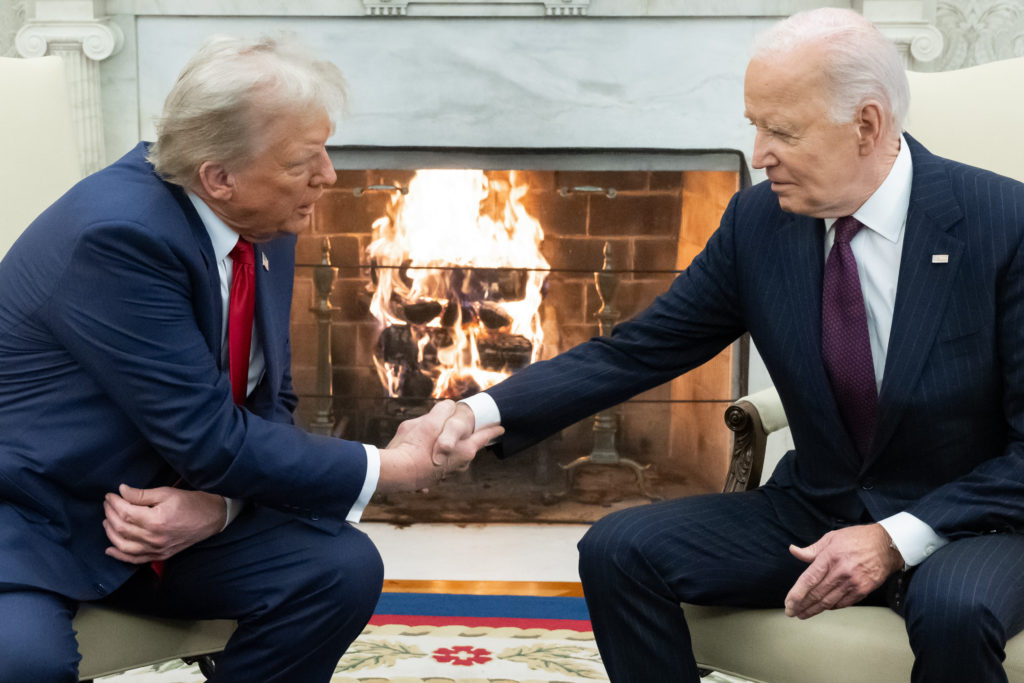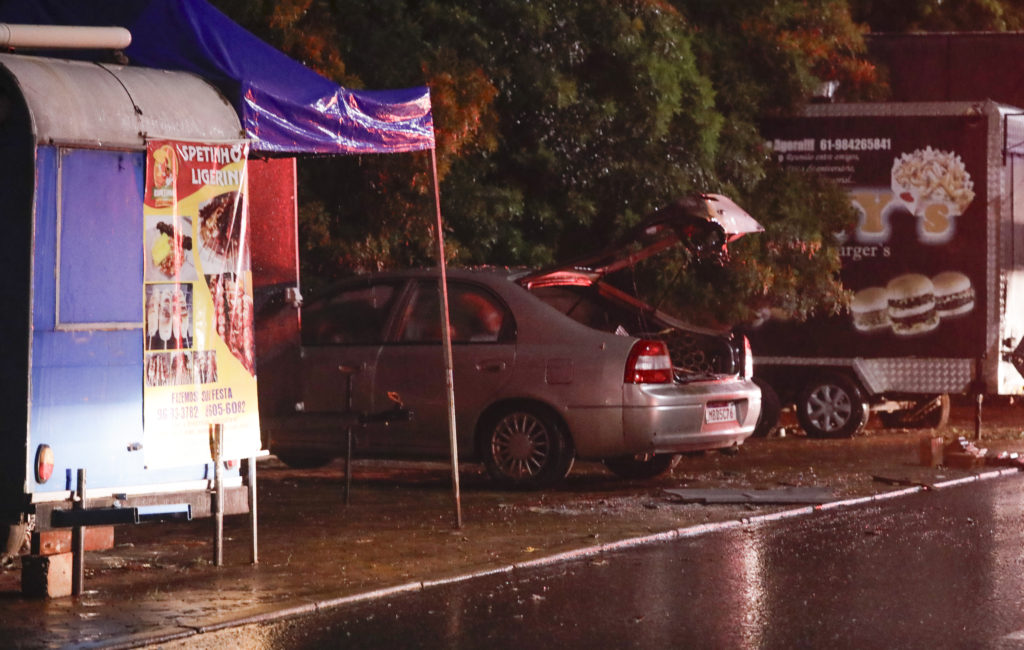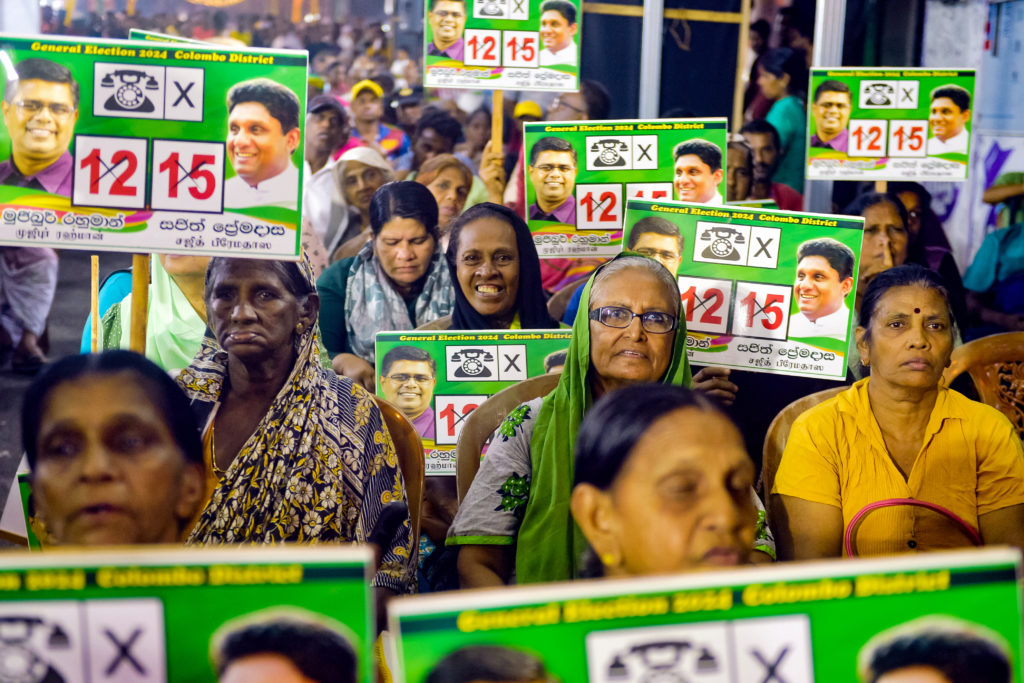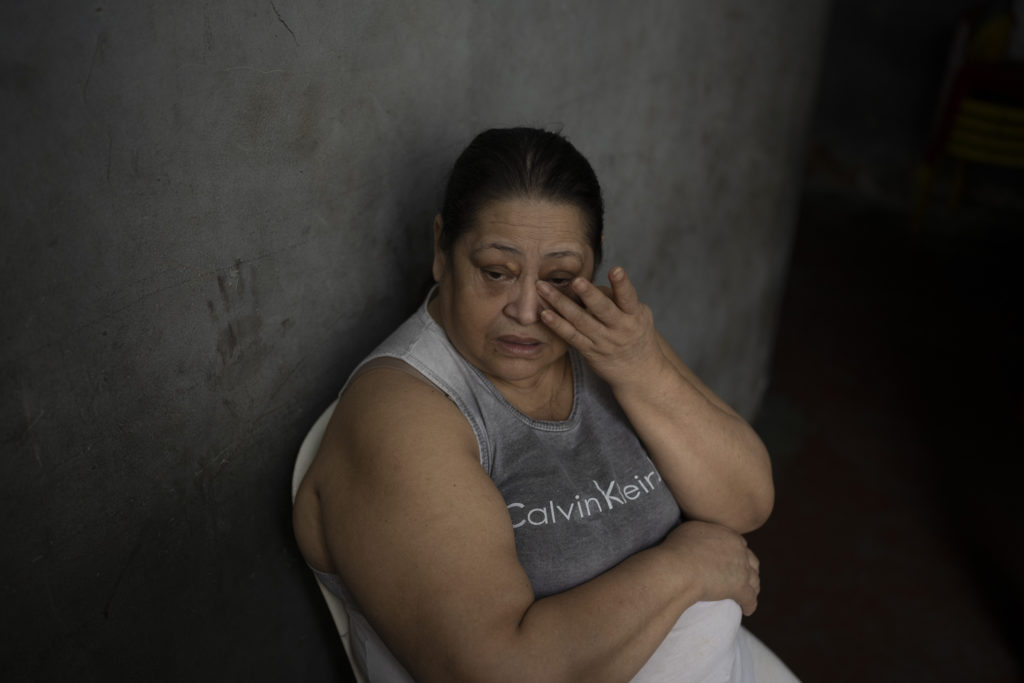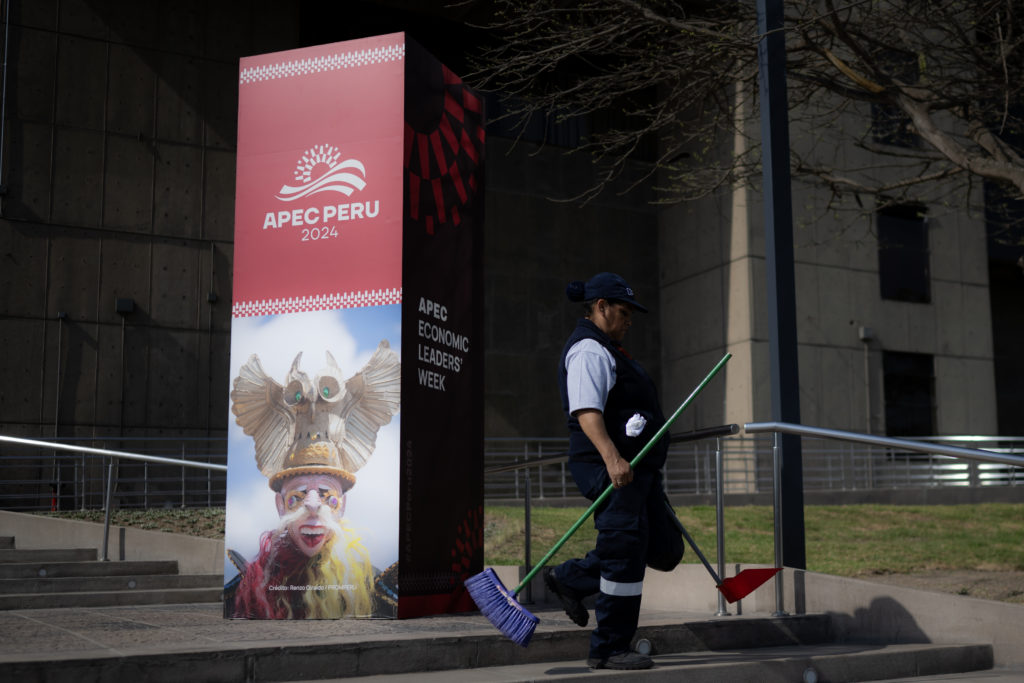Japan’s government on Thursday announced a new virus state of emergency that will run throughout the Olympics, as organisers and officials met for a “very difficult decision” on whether to allow local spectators.
With just two weeks until the July 23 opening ceremony, coronavirus infections are rising in the capital, and the spread of the more infectious Delta variant has spooked Japanese authorities.
Organisers had hoped to allow up to 10,000 local fans into Olympic venues, but local media reported they could now ban spectators from almost all venues.
Overseas spectators have already been barred, raising the prospect that Tokyo 2020 could be the first ever Games held mostly behind closed doors.
Japan’s emergency measures are far looser than harsh lockdowns seen elsewhere, mostly limiting alcohol sales and shortening restaurant opening times. They also cap event spectators at 5,000 people.
Prime Minister Yoshihide Suga said the measures, in place until August 22, would not interfere with holding the Games.
“We will host the Games under the state of emergency,” he told reporters.
“I think we can realise a safe and secure Games by taking these measures.”
But the decision means organisers face a tough call on whether to allow any spectators into events. Tokyo 2020 chiefs were meeting late Thursday with officials from the local and national government and the International Olympic and Paralympic committees to make a final decision.
“We need to issue a message which is strong and easy to understand from the point of view of preventing the further spread (of the virus),” Tokyo 2020 chief Seiko Hashimoto said at the start of the talks.
“It’s going to be a very difficult decision,” she added.
Local media said organisers were likely to bar all spectators at venues in Tokyo and three neighbouring areas, covering almost all Olympic events. A handful of competitions are being staged in other parts of the country.
– Delta variant spreading –
International Olympic Committee chief Thomas Bach, who arrived in Japan earlier Thursday, said he would “support any measure which is necessary to have a safe and secure Olympic and Paralympic Games for the Japanese people and all participants”.
Organisers are at pains to insist the Games can go ahead and will be safe for local residents and Olympic participants.
But they face the reality of rising infections, with Japan’s minister in charge of the virus response Yasutoshi Nishimura warning earlier Thursday that the Delta variant now accounts for around 30 percent of cases in the capital.
“This is expected to expand further,” he warned.
Japan has so far experienced a relatively small virus outbreak with around 14,900 deaths, despite avoiding harsh lockdowns, but its vaccination programme has moved comparatively slowly.
Just over 15 percent of the population is fully vaccinated so far, and there are concerns that the Delta variant could produce a new wave that might quickly overwhelm local medical resources.
Olympic organisers have drawn up extensive measures including daily testing for athletes and limits on their movement that they say will keep the public and Games participants safe.
And while vaccination is not required to participate in the Games, Bach said Thursday that 85 percent of arriving Olympic delegations would be inoculated, and almost 100 percent of IOC staff and members.
Despite the measures, Tokyo 2020 is struggling to build momentum and enthusiasm for the Games as the final countdown begins.
A torch relay that was supposed to stoke excitement as it travelled nationwide has been taken off public roads in much of the country over virus risks, and even its legs in the capital will now be held without spectators.
And fans have been asked to avoid the route of the Olympic marathon when it is run in northern Hokkaido.
Polls show most Japanese would prefer the Games be postponed again or cancelled outright, though opposition has softened in recent weeks.

